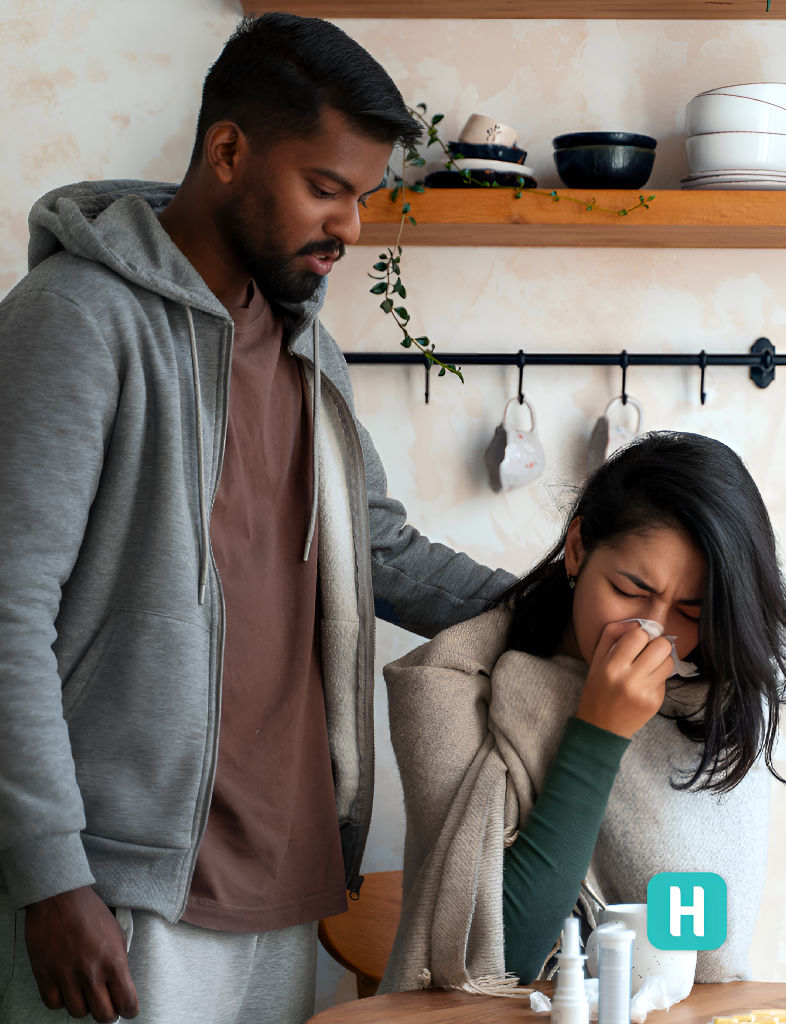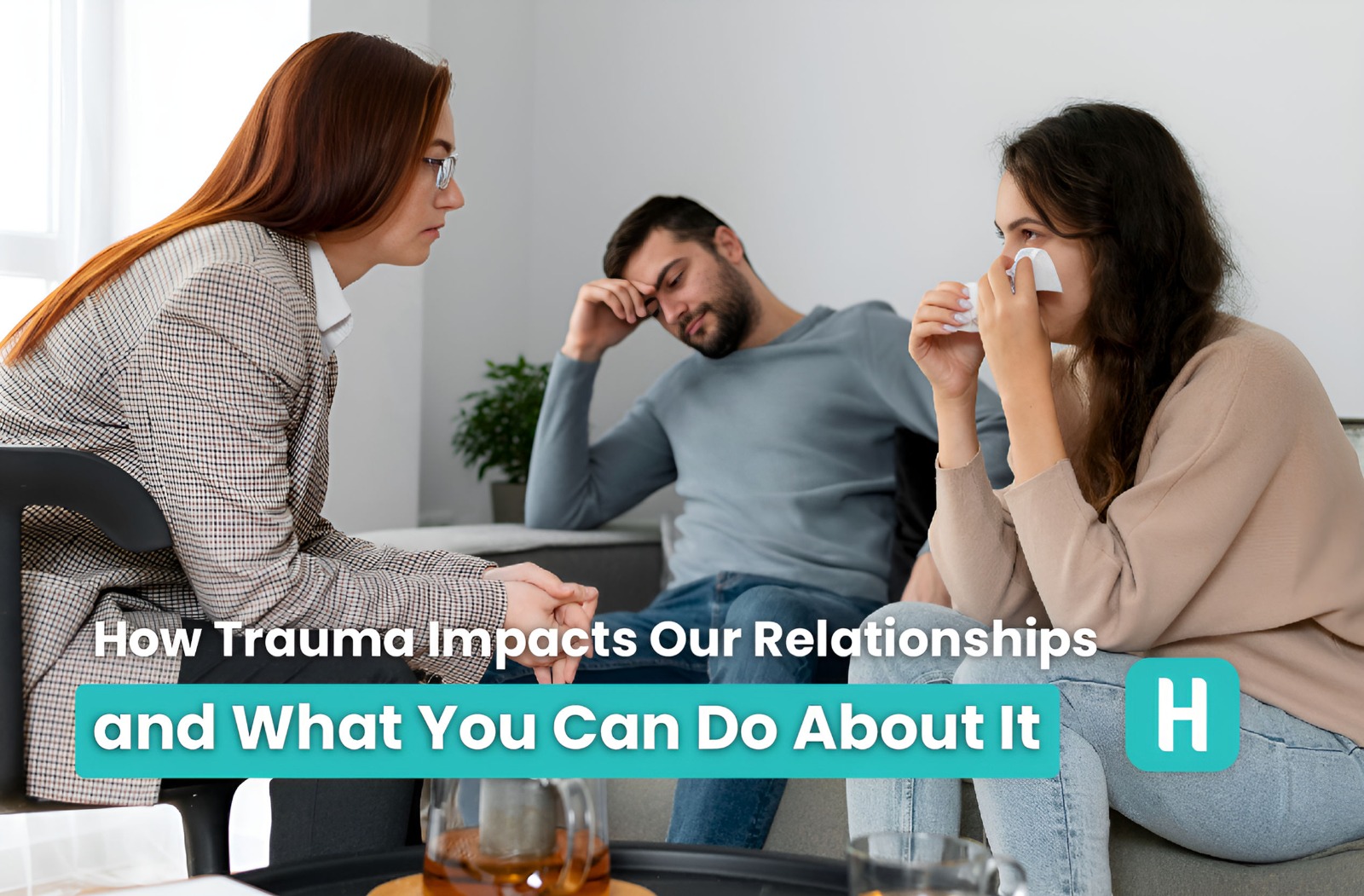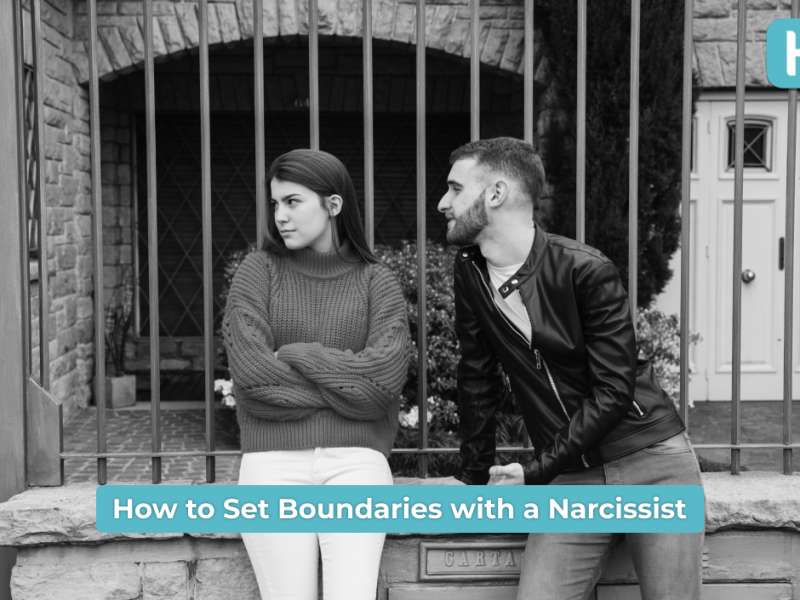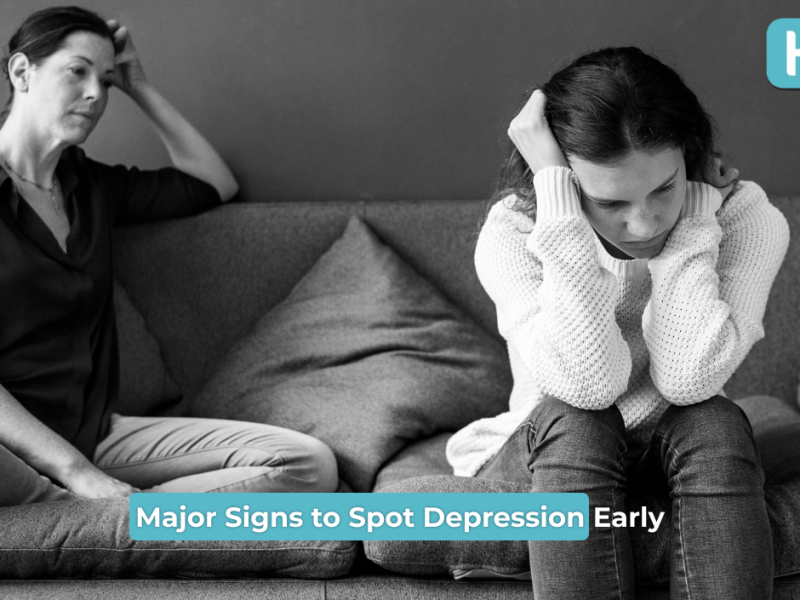Trauma is an emotional response to deeply distressing or disturbing experiences. While the event itself may fade into the past, its effects will continue with us and go on to affect our life, even our relationships. First step to healing or having healthier relationships is finding out how trauma and relationships connect. In this article, we will look into how trauma impacts relationships and also ways through which we deal with those problems practically.

Trauma is a mental and emotional reaction to a profoundly traumatic or distressing event. which is beyond a person’s ability to face. It can be the result of a single event, such as an accident, attack, or natural disaster or prolonged exposure to dangerous conditions such as abuse, neglect, and war. Injuries can take many forms. From a single shocking event to long-term exposure to dangerous conditions. Some common types include:Acute injury: Resulting from a specific event, such as a car accident or natural disaster.
Chronic trauma: Caused by chronic situations, such as abuse, bullying or neglect.
Complex trauma: Occurs when someone experiences multiple traumatic events. This usually involves close relationships.
Each form of trauma can leave an imprint on one’s emotional well-being, own feelings and the ability to make lasting connections with others.
How Trauma Affects Relationships
Trauma usually affects the way we relate to our family, friends, and even colleagues. Here are some major ways it can present itself:

Difficulty Trusting Others
Trauma and relationships dynamics are often deeply affected by the inability to trust. Trauma has the effect of breaking our trust. People who have been hurt or betrayed may have difficulty trusting that other people could possibly have good intentions on them, hence being so cautious in their relationships, thus making walls against confidentiality in emotional connections.
Emotional Dysregulation
Trauma often becomes a barrier to dealing with emotions. A person can express anger, fear, or sadness over minute things, which would puzzle or repel others. Having trouble controlling emotions leads to constant fights in a relationship.
Avoidance of Abandonment or Rejection
Trauma can lead people to become over-dependent on their partners or avoid closeness. Such fears usually emanate from past experiences of neglect or loss, which is why people find it hard to maintain balanced, healthy relationships.
Reenacting Past Dynamics
Trauma survivors may not realize but can be repeating patterns of their past in their current relationships. For instance, if a person grew up in a problematic home, then they unknowingly choose partners who bring similar trouble to their life.
Communication Breakdown
Trauma can change the expression of emotions by people, and in some cases, it brings difficulties in expressing those emotions, thus causing chaos and unmet needs.
How It Happen
An abusive partner can cause situations that are quite harmful and dangerous in so many ways:
- Hurting their partner physically, emotionally, or sexually.
- Hurtful or disrespectful comments to make their partner feel terrible.
- Issuance of threats to physically harm their partner or close acquaintances.
- Restraining their partner from seeing family, friends, or getting other support.
- Not letting the partner make his or her choices.
- Taking control of their partner’s money or independence.
- Threatening or assaulting with weapons.
- Hurting their partner’s things.
- Stopping their partner from receiving help when they need it.
- Twisting facts to make their partner question themselves (gaslighting).
- Not paying attention to their partner or not talking (silent treatment).
- Using excessive amounts of love or attention to manipulate their partner (love-bombing).
- It shows that abuses may be served in several ways, but all these hit the victim’s health and freedom.
Steps to Heal and Strengthen Relationships
Trauma and relationship dynamics can be challenging, but healing is possible. Trauma can really affect people, but it can be healed. With help and hard work, individuals can heal and build better relationships. Here’s how:
Seek Professional Help
Therapy is one of the best ways to deal with trauma. A licensed therapist can help you:
- Process past experiences
- Use coping strategies
- Develop emotional control
Some of these therapies seem to be particularly helpful in the process of healing from trauma: CBT, EMDR, and somatic therapy. Many individuals benefit from services for mental health as part of their journey toward healing and recovery.
Practice Self-Awareness
One of the most important things is to know how trauma impacts one. Try to remember your feelings, reactions, or even those things which make you upset. Journaling or mindful practice can really help.
Host Open Communications
Openness of mind will be very important in keeping good relationships. Communicate your feelings and experiences to your partner or loved one. Let them know in what ways they can support you, and don’t be afraid to hear out what they need as well.
Set Limits
Boundaries will keep your emotions safe. Be open about what is and isn’t well in your relationships. For instance, if certain topics or actions bother you, tell the people around you.
Focus on Emotional Regulation
Learning to control your feelings can stop the trauma from taking over your relationships. Methods such as deep breathing, meditation, or grounding techniques can help you stay calm and focused in difficult moments.
Surround Yourself with Supportive People
Healed trauma therapy near me gives support. Spend more time with people who uplift and support you, be they best friends, family, or members of a support group.
Be Patient with Yourself and Others
Healing is a process, not a destination. Patience and self-kindness towards others will be required while traversing the difficulties of recovery from trauma.

How Helply Can Support You in Healing Trauma and Strengthening Relationships?
Helply is here to help you recover from trauma and build better relationships. We offer expert support to understand how trauma affects your feelings and how it can influence your relationships with others. Our team gives you advice to help you handle trust issues, communication problems, and emotional difficulties. At Helply, we create a safe space where you can heal, grow, and build stronger, more trusting relationships with the people who are most important to you. As a trusted mental clinic, we provide the resources and support needed for your journey toward healing.


